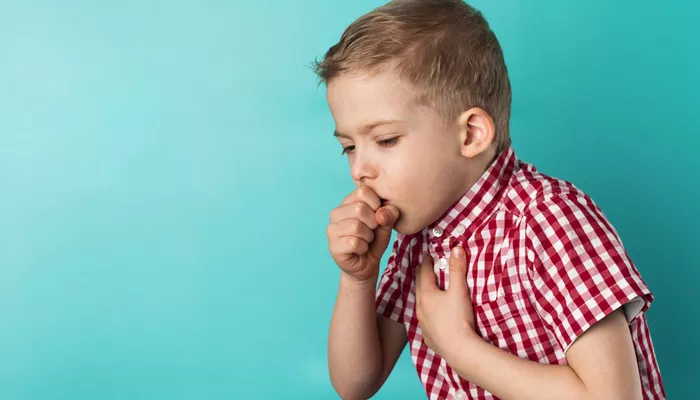The UK Health Security Agency (UKHSA) has issued an urgent warning about a recent surge in whooping cough cases across England. Whooping cough, or pertussis, is a bacterial infection affecting the lungs and airways, known for its prolonged and severe coughing fits.
While whooping cough can impact individuals of all ages, it poses a significant risk to young babies, who are more susceptible to severe complications. Infants with whooping cough often experience severe illness, and most will require hospitalization. In severe cases, the infection can be fatal.
Vaccination remains the most effective method of protection against whooping cough. In the UK, the whooping cough vaccine is part of the standard childhood immunization schedule, administered at 8, 12, and 16 weeks of age, with a booster offered before school entry. Although this vaccination provides substantial protection, immunity can diminish over time.
Pregnant women can also play a crucial role in protecting their babies by getting vaccinated. Receiving the whooping cough vaccine during pregnancy allows the mother’s body to produce antibodies that are transferred to the baby through the placenta, offering the infant protection until they are old enough to receive their own vaccination at 8 weeks.
Cllr Christine Bannon, Knowsley Council Cabinet Member for Health, emphasized the importance of vaccination: “With whooping cough cases on the rise, it is crucial for parents to ensure their children are protected. Whooping cough is highly contagious and can be very serious for young babies. I urge all parents to keep their children’s immunizations up-to-date and for pregnant women to get the whooping cough vaccine when offered.”
Symptoms of Whooping Cough
Early symptoms of whooping cough resemble those of a cold, such as a runny nose and sore throat, though a high temperature is rare. After about a week, symptoms can include:
Persistent coughing fits that worsen at night
A characteristic “whoop” sound during breathing (this may not be present in young babies and some adults)
Difficulty breathing following coughing fits, with possible blue or gray coloration (more common in young infants)
Thick mucus that may induce vomiting
A reddened face (more common in adults)
The cough may last for several weeks or even months. Infants under 3 months old, who are not fully vaccinated, are at the highest risk of severe complications, including breathing pauses, dehydration, pneumonia, or seizures.
For more details on symptoms and actions to take if you suspect whooping cough, visit the NHS website. If you are concerned about your baby potentially having whooping cough, contact your doctor immediately.
Vaccination During Pregnancy
Pregnant women are encouraged to receive the whooping cough vaccine to protect their babies. The vaccine is typically administered around the mid-pregnancy scan, usually at 20 weeks, but can be given from 16 weeks. For optimal protection, it is recommended to get the vaccine before 32 weeks of pregnancy. If missed, the vaccine can still be administered later.
There is no evidence to suggest that the whooping cough vaccine poses any risks to the mother or her unborn child.
Vaccine Safety
The whooping cough vaccine has been routinely given to pregnant women in the UK since October 2012. The Medicines and Healthcare products Regulatory Agency (MHRA) closely monitors the safety of all vaccines. A study published in the British Medical Journal (BMJ), involving around 20,000 vaccinated women, found no evidence of harm to pregnancy or newborns.
Several other countries, including the US, Argentina, Belgium, Spain, Australia, and New Zealand, also recommend whooping cough vaccination during pregnancy.


